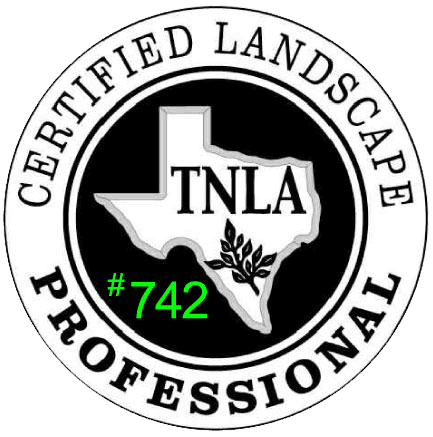It may be hard for some to believe, but it’s not unheard of for homeowners to allow friends and family to park vehicles on their lawn. Perhaps meter maids are ruthless in their area, or perhaps the home lacks a garage and driveway. Whatever the reason, you’ve now found yourselves living on a property where the lawn once served as a parking lot.
Don’t despair. Bald patches left by automobiles can be fixed. It will just take a little reseeding. Here are some quick tips for reseeding your lawn to eliminate bald patches in your natural grass turf. Take care to employ these while the weather is still cool enough to enjoy the outdoors:
- Rake up the lawn debris. Start your reseeding effort fresh by raking up any dead grass or debris left on the bald patch or patches. Continue by loosening the soil up to an inch deep over those areas as well.
- Compost. Spread about 2-3 inches of compost over the spots. Then, smooth it out using the back of a rake. This ensures that the compost mixture is level with the nearby soil.
- Prepare seed. Help your new seed accomplish its goal and germinate faster by mixing the seed with an equal amount of moist sand. Create this mixture a day or two before scattering the seeds onto the bald spots.
- Cover the seed. After spreading your seeds out across the lawn’s bald spots, again, layer some compost on top of the mixture to keep the seeds from being washed or blown away.
- Moisten. Keep the area you have treated moist to help the seeds germinate. Water these areas two to three times a day until they begins to match the rest of your lawn.
If you’re still not sold on reseeding your lawn, or it is not an option for some reason, installing artificial turf is a great alternative to consider. Artificial turf is easier to maintain and will not be as easily ruined as natural grass. Many artificial turf options come with durability warrantees, and when expertly installed, can last decades saving you money, stress, and energy.
Have questions on artificial turf, or interested in scheduling a one-on-one consultation to address grass problems in your yard? Give us a call at 210-494-6469 or fill out this form and we’ll reach out to you!



